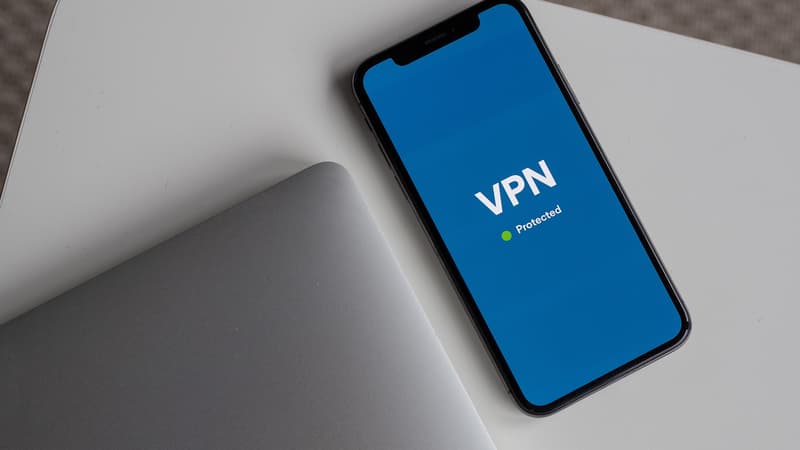You thought you were protecting your data, you may be putting it at risk. In any case, that’s what the Washington Post claims, detailing the malpractices of some of the most popular VPNs available on the web or their links to countries notoriously known for their opaque data policies, like China.
VPNs, indispensable tools on the Internet
VPNs (Virtual Private Network) are a service that sits between your network connection and the Internet to encrypt your connection. Clearly, they allow you to make yourself anonymous on the web and hide information such as your IP address or geographic location, which is particularly useful for accessing blocked content accessible only in certain countries.
They are used, for example, to circumvent the censorship of certain sites in China by avoiding leaving virtual trails, while a Chinese law obliges domestic companies to share their data if imposed by Beijing. It is this obligation that was also at the center of TikTok’s recent hearing before the US Congress, which is considering banning the Chinese app for reasons of national security.
Back door access and obscure origins
Except that many VPNs, particularly free ones, install electronic certificates when downloaded that act as backdoors to user data, as the company AppEsteem, which tests app security for companies that develop antivirus software, demonstrated last year. . These files are used to authorize the access of any application to the computer.
Among those interested, Turbo VPN, which appears in the first results of Google by typing “VPN” in the search bar, and has been downloaded 100 million times. The headquarters of its parent company, Innovative Connecting, is registered in Singapore and the Cayman Islands, and the company has seen several Chinese nationals go through its head.
Its competitor Hotspot Shield, for its part, received a complaint before the US consumer protection agency in 2017. Indeed, although the VPN claimed not to keep any record of the real IP addresses of its users, it communicated them to its business partners. This did not stop the American company Aura, which owns Hotspot Shield, from continuing to raise money, including paying for the services of the famous actor Robert Downey Jr. as a business muse.
In the shadow of TikTok
The list is long: Signal Lab, Super Unlimited Proxy or even Free VPN would also have questionable practices when it comes to protecting their users’ data.
Some US lawmakers are now calling for a systemic assessment of the risks posed by VPNs, but the issue has so far been overshadowed by the TikTok affair. Consumer advocates are calling for Apple and Google download platforms to ban VPNs with questionable ownership or deceptive practices, or at least issue a warning.
For their part, the tech giants are defending themselves: “We take security and privacy allegations against apps very seriously,” Google responded to the Washington Post, “and if we discover that one of them has violated our terms and conditions of use, They are taking action on us accordingly.”
Source: BFM TV


